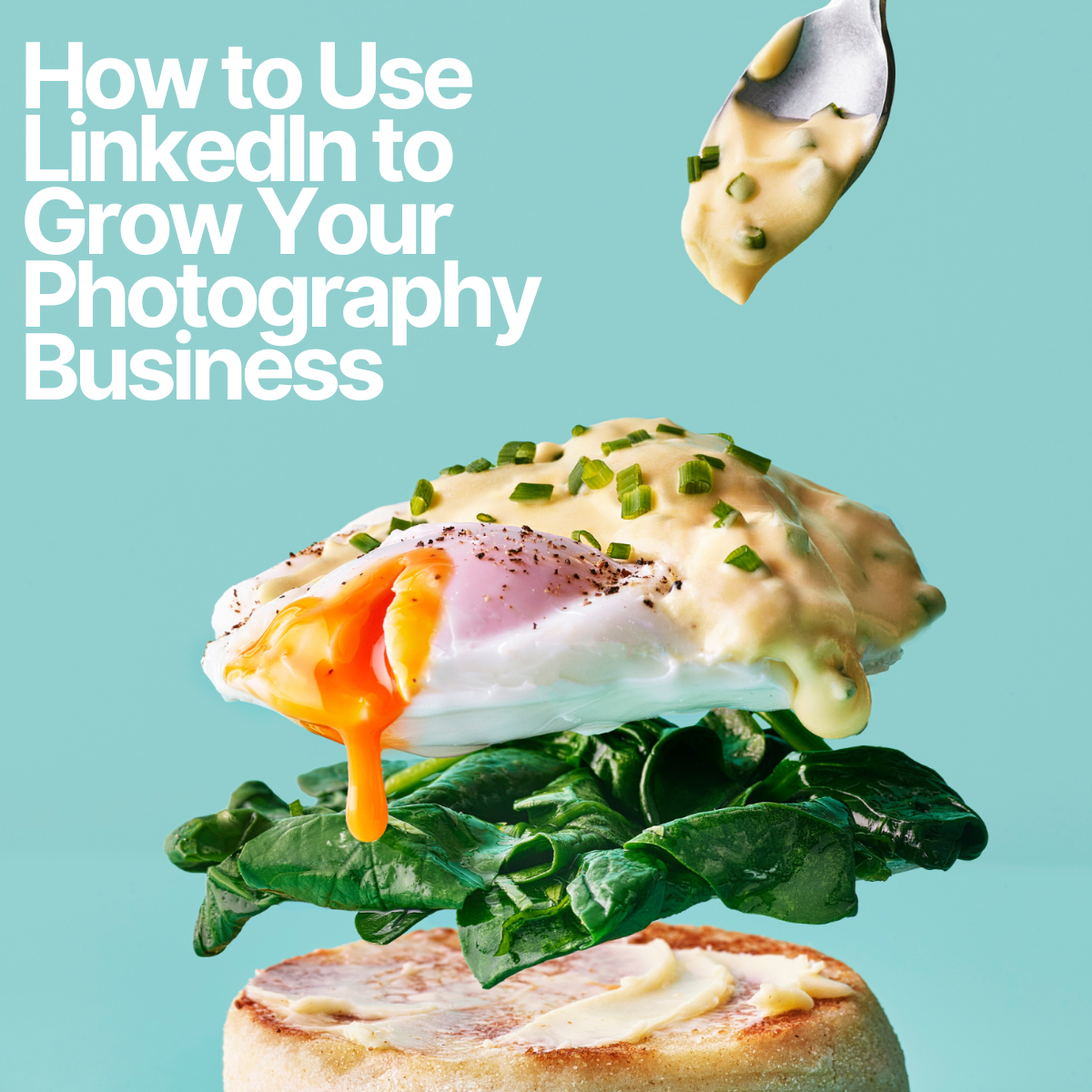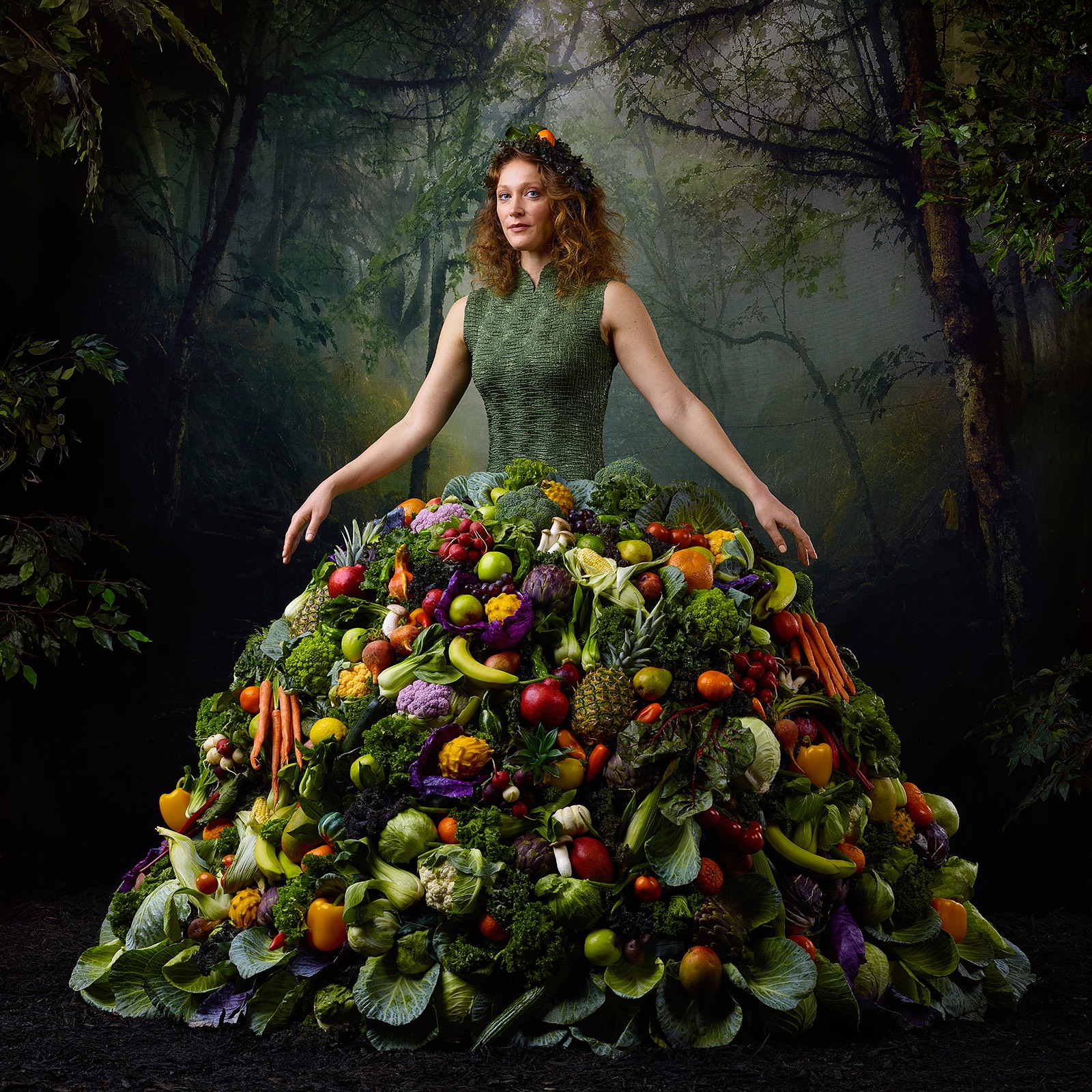We are thrilled to introduce Roberto De Jesus, Producer at GUESS? and our Spotlight Awards Fashion Photography judge. Roberto shares his thoughts on career pivots and becoming comfortable with the process of creation.
In your own words, can you explain the journey that lead you to this point in your career?
10 years ago I made a pivot in career. I was originally in feature films and narratives. I had an opportunity to work with really high level people, and I was looking at them, and at how they were seeing the future, and how short form content was actually going to be a more exciting avenue to explore narratives. So I decided 10 years ago to just pivot and commit to this new form of storytelling. I felt like I was able to understand what works, understand what are the key factors you have to look at when you’re telling a brand story. It’s very refreshing.
It almost sounds like you were ahead of the curve in some way.
I think it was just the exposure. I think I was part of a big group of people that were seeing what the future, or the near future, was offering. I just took a leap of faith. Honestly sometimes I wonder what would have happened if I would have stayed in the traditional narrative. I don’t think it disappeared, I think it transformed. But it was a personal choice - I don’t regret it in any way. I really love it. I like where it’s going, and I’m excited about what else is going to be presented to me as opportunities.
As your career pivoted, did your philosophy on creativity evolve with it?
It evolved a lot. But in the sense of condensing. The main thing with short form is that you have less access to multiple characters. You have to really focus on the arc on one character and commit to that. And when I say character, that’s the part of narrative on TV and feature film that relates to brand. If I say ‘character’ on the brand side, the brand is the character.
I think that’s the main thing, that when I pivoted, evolved with me. It was the idea that now I’m just focusing on one character, and the key moments that change in that character that will attract audiences. In my opinion, most of the things that keep your audience engaged is when there’s change in the arc of a story. It almost works as a cliffhanger to keep them attached, and say 'oh what’s next, what’s happening.'
Can you tell us about a career milestone and the lasting impact it’s had on your career?
I think working with the NBA. The NBA is the first brand I worked with at a franchise level. I was part of their social media strategy to change what was called the Development League into what’s now known as the Gatorade League, or the G-League. And basically what the NBA found was that there was a niche audience that enjoyed those games. As the NBA grew as a franchise, and became a global franchise, they wanted to offer more options in terms of games. That’s when Gatorade saw an opportunity to partner up with the NBA.
The reason why it was so pivotal is because instead of working for Gatorade, which would have been my usual trajectory, I was able to work with the NBA as a global franchise. I could understand how they were talking to other parts of the world, and trying to sell their brand and programming. So that was one of the biggest moments because I was really high up looking at storytelling at that level that involved not only Gatorade, but Nike, and Reebok - all the brands that the NBA actually harnesses every time they tell their story.
What is the most important thing you learned at the beginning of your career?
I would say that it’s all about the process. If you’re going to be an artist, you have to be comfortable with the process of creation. And then basically make it a routine. Not everything is going to be rewarding. Not everything is going to be well received. Every critique on the negative side gets amplified. So as long as you’re comfortable with the process of creation, and you find joy in the struggle of trying to tell your story.
Just be comfortable with whatever your craft is, and be comfortable with repeating it. That was the biggest lesson I had, and it really helped me because all of the pressure I had went away. Because you are so focused on the process, when problems arise, you have to find solutions fairly quickly.
What are the most essential qualities you look for when scouting creative talent?
It all depends on the project. But I have to retort back to 2 things that I got taught as a kid - which is someone that’s organized and responsible. I think when you have those 2 attributes, you can succeed; even with a huge amount of adversity. If you have those two qualities, you’ll be a sponge. You’ll know when to listen, you’ll know when to talk, you’ll know when to follow whoever takes the lead.
What do you consider to be the mark of a good collaborative effort, and why?
I would have to say ‘first listen, and then challenge.’ But both need to be present. You have to be comfortable listening to other people’s opinions, directions, thoughts. You have to have that patience because sometimes it can be a lot when the team is big. But also be comfortable challenging with respectful confrontation. Without challenge you’ll never make anything grow; if you are surrounded by agreeable people, you’ll never find out what really doesn’t work and vice versa. So i think it’s that balance between listening and challenging.
What balance should creatives strike between working within using their own vision, and capitalizing on trends?
Being comfortable with the state of flow, that’s what I call ‘the process.’ It’s no longer a problem for you to create or engulf in what it is that it takes to create your art. Once you’re comfortable with that process, you’ll be able to deliver.
The trends will always try to distract you. But once you know what you’re there for and your message is clear, you’ll be able to find in the trends what applies to you. And you’ll be able to dismiss the ones that don’t serve you. When you’re not comfortable in your process, and you don’t have that state of flow, then every trend is distracting. You’ll end up looking everywhere and, unfortunately, I don’t think you’ll end up reaching your goal.
What role does failure play over the course of a creative career?
Being comfortable with the process will allow you to fail. And you’re going to fail more than you’re going to succeed. But the thing is that people remember you by what you succeed in. The failure is only momentary. It’s a thing that gets amplified in our head, but you’ll find that a lot of people move out of failure fairly quickly.
As long as you’re comfortable with your process, the failure is going to inform what you missed, what didn’t really work out and you’ll be able to correct that and move closer to success. But if you focus on the failure and not the process, you’ll only see failure and failure will become your process. If you feel like failure is something you’re afraid of, then that’s the first correction you need to make. Failure is part of the creative life and you have to be strong and resilient to it.
We thank Roberto for joining this year's jury panel and for engaging in such a thoughtful discussion. If you enjoyed this conversation, we invite you to join us over the coming weeks for more discussions with many of our talented judges!

%20(2100%20x%20405%20px).png)


